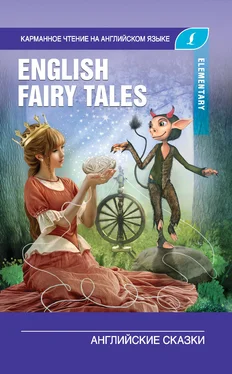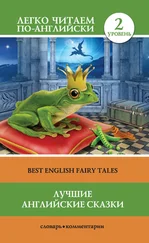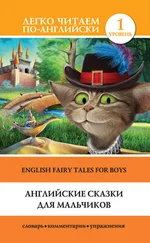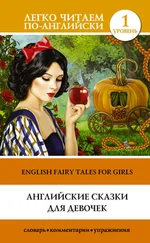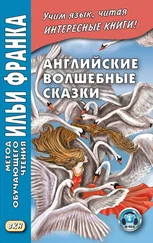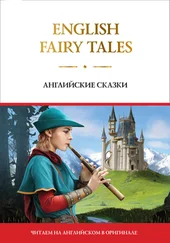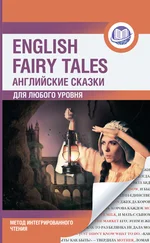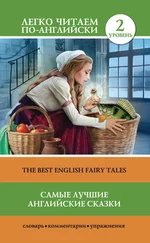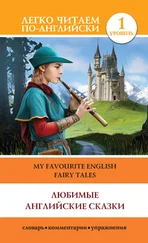One day, Jack came to the townhall when the magistrates were sitting in council about the Giant. He asked, “What reward will be given to the man who kills the Giant?” “The giant’s treasure,” they said, “will be the reward.” Jack said, “ Then let me undertake it. [119] Then let me undertake it. – Тогда давайте я за это возьмусь.
”
So he got a horn, shovel, and axe, and went over to the Mount in the beginning of a dark winter’s evening, when he began to work. Before morning, he had dug a pit twenty-two feet deep and nearly as broad, covering it over with long sticks and straw. Then he strewed a little mould over it, so that it appeared like [120] so that it appeared like – чтобы она выглядела как
plain ground. Jack then sat on the opposite side of the pit, farthest from the Giant’s lodging, and just at the break of day, he put the horn to his mouth and blew very hard.

This noise roused the Giant, who rushed from his cave, crying, “Hey you, have you come here to disturb my rest? You shall pay dearly for this. [121] You shall pay dearly for this. – Ты за это дорого заплатишь.
I will have satisfaction! I will take you whole and broil you for breakfast.”
He had no sooner uttered this than he tumbled into the pit and made the very foundations of the Mount to shake. “Oh, Giant,” said Jack, “where are you now? I can’t believe your threatening words: what do you think now of broiling me for your breakfast? Will no other diet serve you but poor Jack?” Then he gave him a very weighty knock with his axe on the very crown of his head and killed him on the spot.
Jack then filled up the pit with earth and went to search the cave, where he found much treasure. So he became rich and happy even more.
Here was once a man who travelled the land all over [122] who travelled the land all over – который изъездил весь свет
in search of a wife. He saw young and old, rich and poor, pretty and plain, and could not meet with one to his mind [123] could not meet with one to his mind – не мог себе найти никого по душе
. At last, he found a woman, young, fair, and rich, who possessed a right arm of solid gold. He married her at once and thought no man so fortunate as he was [124] no man so fortunate as he was – никто не был столь удачлив, как он
. They lived happily together, but though he wished people to think otherwise, he was fonder of the golden arm [125] he was fonder of the golden arm – он больше любил золотую руку
than of all his wife’s gifts besides.
At last she died. The husband put on black clothes and pulled the longest face at the funeral. But in the middle of the night, he dug up the body and cut off the golden arm. He hurried home to hide his treasure and thought no one would know.
The following night, he put the golden arm under his pillow and was just falling asleep when the ghost of his dead wife glided into the room. Stalking up to the bedside, it drew the curtain and looked at him reproachfully. Pretending not to be afraid, he spoke to the ghost, and said, “What have you done with your red cheeks?”
“All withered and wasted away,” replied the ghost in a hollow tone.
“What have you done with your red rosy lips?”
“All withered and wasted away.”
“What have you done with your golden hair?”
“All withered and wasted away.”
“What have you done with your Golden Arm?”
“You have it!”
There was once upon a time a good man who had two children: a girl by a first wife [126] a girl by a first wife – девочка от первой жены
and a boy by the second. The girl was as white as milk, and her lips were like cherries. Her hair was like golden silk, and it hung to the ground. Her brother loved her dearly, but her wicked stepmother hated her. “Child,” said the stepmother one day, “go to the grocer’s shop and buy me a pound of candles.” She gave her the money, and the little girl went, bought the candles and started on her return [127] and started on her return – пустилась в обратный путь
. But there was a stile on her way. How to cross it? She put down the candles while she got over the stile. Suddenly a dog came and ran off with the candles.
The girl went back to the grocer’s, and the grocer gave her a second bunch. She came to the stile, set down the candles and began to climb it over. Again came the dog and ran off with the candles.
The girl went again to the grocer’s, and the grocer gave her a third bunch. But the same thing happened! [128] But the same thing happened! – Но случилось то же самое!
The big dog came again and ran off with the candles as usual.
Then the girl came to her stepmother crying, because she had spent all the money and had lost three bunches of candles.
The stepmother was angry, but she pretended not to mind the loss [129] she pretended not to mind the loss – она притворилась, что не станет пенять за утрату
. She said to the child, “Come, lay your head on my lap that I may comb your hair.” So the little girl laid her head in the woman’s lap, who proceeded to comb the yellow hair. And when she combed, the hair fell over her knees and rolled right down to the ground.
Then the stepmother hated her more for the beauty of her hair, so she said to her, “I cannot part your hair on my knee; fetch a billet of wood.” So she fetched it. Then said the stepmother, “I cannot part your hair with a comb; fetch me an axe.” So she fetched it.
“Now,” said the wicked woman, “lay your head down on the billet while I part your hair.”
Well! she laid down her little golden head without fear, and whist! [130] whist! – вжик!
down came the axe [131] down came the axe – топор опустился
, and it was off [132] it was off – она (голова) была отрублена
. So the mother wiped the axe and laughed.
Then she took the heart and liver of the little girl, and she stewed them and brought them into the house for supper. The husband tasted them and shook his head. He said they tasted very strangely. She gave some to the little boy, but he would not eat. She tried to force him, but he refused, ran out into the garden, took up his little sister, put her in a box and buried the box under a rose-tree; and every day he went to the tree and wept till his tears ran down on the box.
One day the rose-tree flowered. It was spring, and there among the flowers was a white bird. The bird sang, and sang and sang like an angel out of heaven. Then it flew away. It went to a cobbler’s shop and perched itself on a tree nearby, and thus it sang,
“My wicked mother slew me,
My dear father ate me,
My little brother whom I love
Sits below, and I sing above
Stick, stock, stone dead.”
“Sing again that beautiful song,” asked the shoemaker.
Читать дальше
